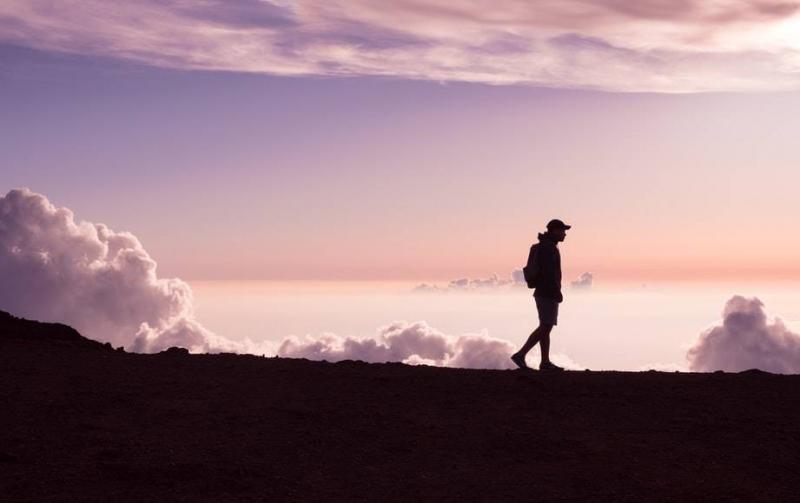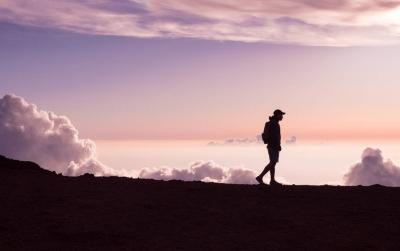We know that the quality of sleep has repercussions on both our physical and mental health, and these repercussions can be extremely negative in cases of lack and disturbance. Commonly known effects of disrupted and insufficient sleep include drowsiness and yawning, and sometimes headaches, anxiety, and depression. A recent scientific study added something new, revealing that sleep deprivation can impact your ability to walk, according to CNN.
Herman Krebs, a professor of neuroscience at the University of Maryland Medical School, stated that the study's results show that walking is not an automatic process; rather, it can be affected by sleep deprivation. He added that the ideal amount of sleep is 8 hours at night, and if a person is unable to achieve that, they should compensate for those hours as much as possible and regularly.
The scientific belief prior to this study was that walking is an automatic process in which a person directs themselves in the desired direction and the body carries it out with limited technique. However, the new study disproved this belief by showing that the brain reacts to visual and auditory signals in the environment and adjusts the walking rhythm according to need. Krebs noted that there is much influence from the brain on walking; for example, to reach optimal brain function, adults need at least 7 hours of sleep, while school-aged children need 9-12 hours, according to the U.S. Centers for Disease Control and Prevention.
The new study, published in the journal "Scientific Reports," focused on college students suffering from chronic sleep deprivation at the University of São Paulo in Brazil. The students wore sleep tracking devices for 14 days, which recorded their sleep and wake periods, and on average, the students slept 6 hours per day. Subsequently, a group of students was subjected to a treadmill test, where they were asked to keep pace with the changing speed of the machine.
Krebs stated, "We found that errors were greater among individuals suffering from acute sleep deprivation," as they could not keep up with the changes. Another researcher involved in the study noted that students suffering from sleep deprivation fell out of sync with the machine, and their performance was very poor. This study serves as a strong warning about the need for adequate sleep, especially for those working in industries where long or night shifts are common, as irregular walking can be dangerous.




